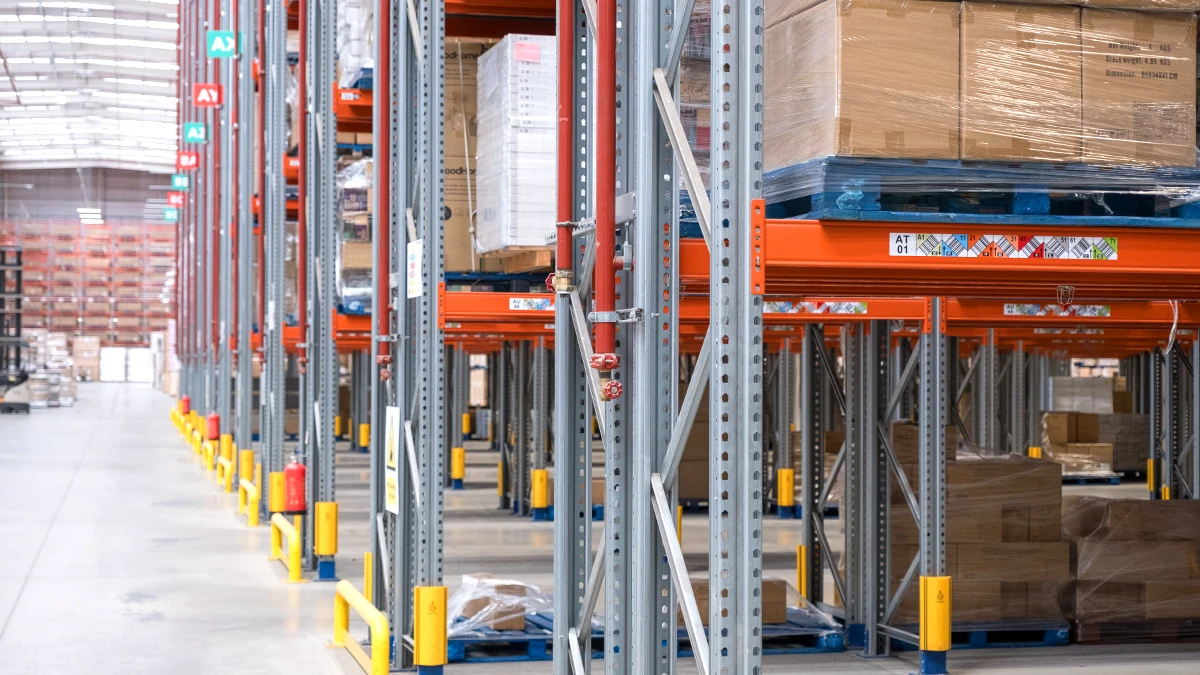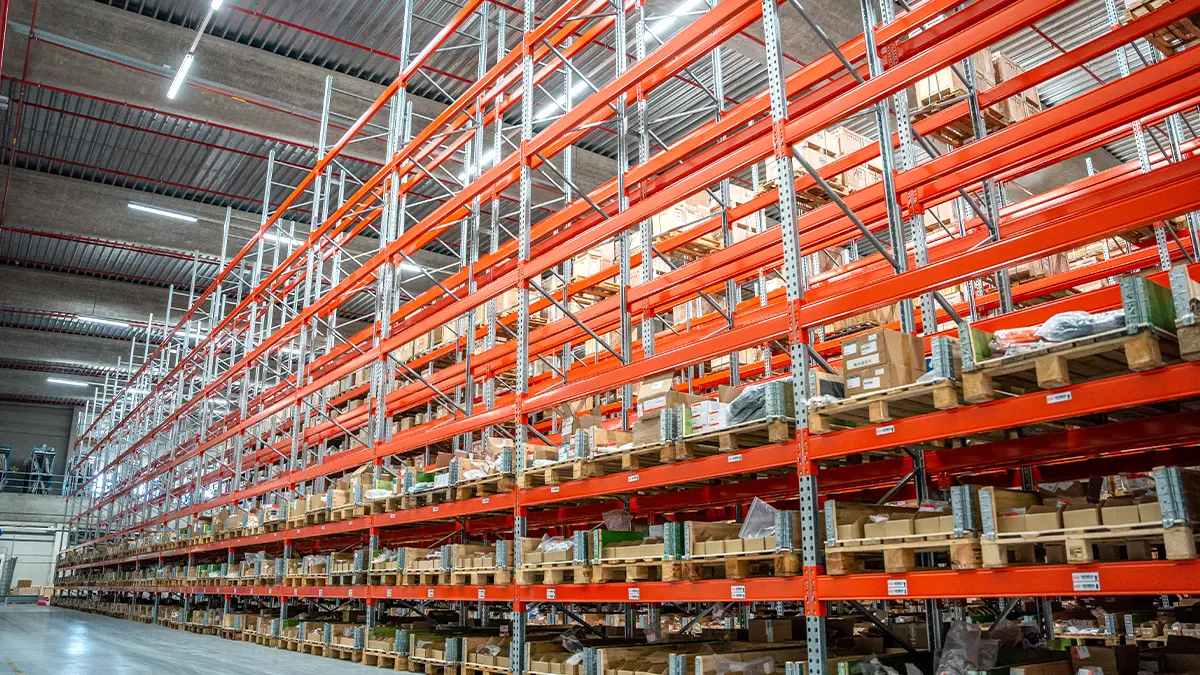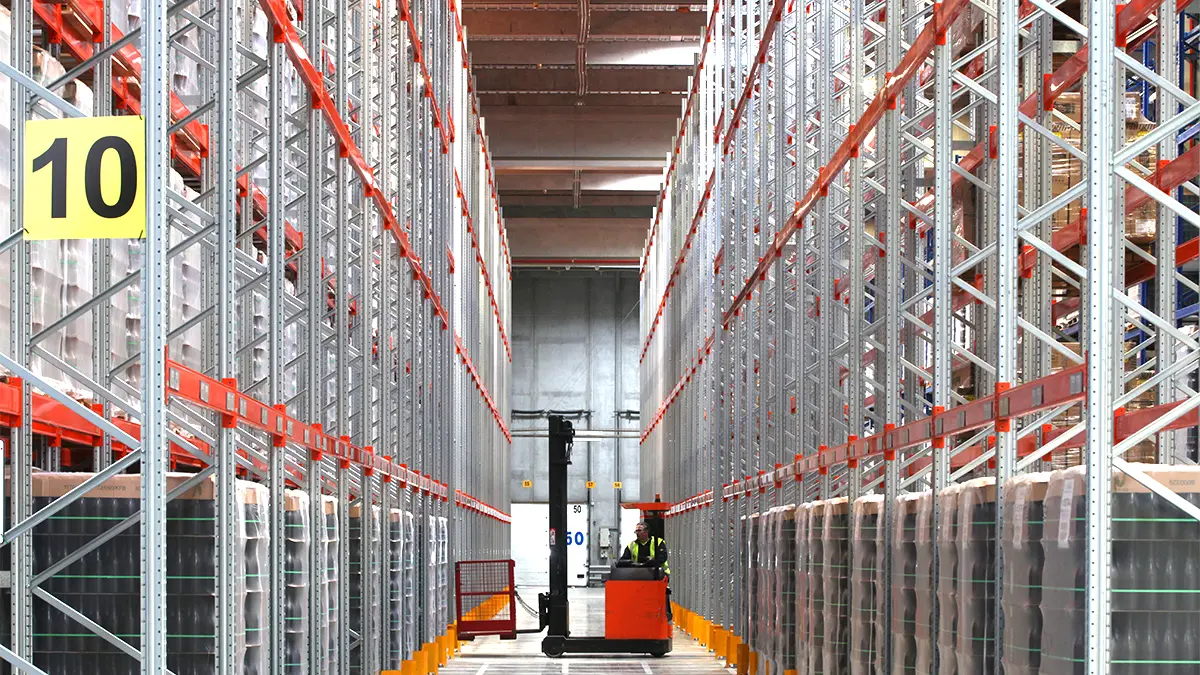Logistics is a key element in companies to maintain competitiveness, agility and effectiveness in a dynamic and globalised business environment. There are many organisations that do not have sufficient resources to manage the storage and distribution of all their goods and therefore decide to outsource their logistics and entrust this service to a 3PL operator.
What is 3PL Logistics?
3PL or Third-Party Logistics, also called outsourced logistics, refers to the services that a company hires from a provider to carry out its logistics, storage tasks, order preparation or transportation of goods.
In this way, the 3PL service provider is responsible for managing the company's goods and ensuring they reach their final destination, acting as an intermediary between companies and their customers.
What does a 3PL logistics operator do?
3PL logistics operators are third-party logistics service providers responsible for managing a company's supply chain.
3PL logistics providers may perform the following functions:
- Storage and order preparation.
- Inventory management and quality control.
- Planning and optimising delivery routes.
- Transportation of goods and product delivery to end customer.
- Customs services and paperwork.
- Advice and consulting on logistics and supply chain issues.

Types of logistics operators (PL)
Logistics operators are classified according to the role they play in a company. They are classified according to Party Logistics or PL accompanied by a number that indicates the services that they offer:
- 1PL: transportation is outsourced through freight forwarders and the drivers necessary to transport the goods. Companies manage their own warehouses.
- 2PL: the logistics operator is in turn responsible for transportation and storage tasks. However, management continues to be the responsibility of the contracting company, which organises the fleet and material flows.
- 3PL: the logistics operator, in charge of transportation and storage, is also responsible for the management and organisation of both.
- 4PL: they are logistics operators that act as consultants and auditors of 3PLs, in order to optimise the activity.
- 5PL: they combine 3PL and 4PL, thanks to their size and experience.
Companies need to optimise their supply chains in one way or another, as do logistics operators, which have to improve their processes to offer increasingly efficient services. For this, it is essential to implement new logistics technologies
Advantages of 3PL logistics
Outsourcing logistics services through third-party providers (3PL) can offer significant advantages to companies:
Economic savings and financial resources
Outsourcing logistics services to a 3PL provider entails substantial financial savings for companies. By not having to make a significant initial investment to establish their own logistics infrastructure, such as the acquisition of means of transportation or the construction of warehouses, companies can allocate these financial resources to other priority areas of their business.
Broad geographical coverage and additional services
Companies specialised in 3PL logistics usually have broad geographical coverage, which allows them to cover an extensive distribution area. They also offer a variety of additional services, such as inventory management, personalised packaging, last mile delivery, etc., that add value to the supply chain and meet specific customer needs.
Optimising time and focus on the core business
By outsourcing certain logistics functions to a 3PL provider, companies can save time and resources, allowing them to focus on the core activities of their business. Delegating logistics tasks frees up internal teams to focus on strategic areas which can drive business growth and competitiveness.
Scalability and competitiveness
Outsourcing logistics through 3PL providers allows companies to benefit from more competitive shipping rates. These providers typically have a broad customer base and a consolidated logistics infrastructure, allowing them to negotiate better prices with carriers and operate efficiently in the supply chain. Additionally, the scalability of 3PL services allows companies to quickly adapt to changes in demand or order volume, without incurring additional fixed costs. Overall, these advantages make 3PL logistics a strategic option for companies seeking to optimise their operations and improve their competitiveness in the market.

Possible disadvantages of 3PL Logistics
While third-party logistics (3PL) offers a number of advantages, it also has some disadvantages that should be considered when considering outsourcing logistics services:
Loss of control
By relying on a third-party provider to manage part or all of the logistics operations, companies may experience a loss of control over certain key aspects of their supply chain.
External dependency
Outsourcing logistics to a 3PL provider can create significant dependence on third parties for the operation of the supply chain. If any problem arises with the third-party service provider, such as delivery delays or service quality failures, the company may face disruptions to its supply chain that negatively impact its operations and reputation.
Possible additional costs
Although outsourcing logistics can help reduce the initial investment and fixed costs associated with internal supply chain management, it can also result in additional unforeseen costs. These may include fees for additional services, charges for changes to service requirements, or any situation other than standard.
In summary, despite its many benefits, it is important to carry out a thorough analysis of the risks and benefits before making a decision about implementing 3PL logistics in a company.
How do you choose a 3PL provider?
This is what we should consider when choosing our logistics operator:
- Price: logistics operators have rates subject to the type of goods, shipping method and destination.
- Scalability: it is important to assess the logistics operator's ability to adapt to logistics needs.
- Technology: choose logistics operators that use technology and automation in their processes.
- Reputation: it is important that the company you hire is financially stable and offers an efficient service.
How do you organise a warehouse if you are a 3PL?
Being a logistics operator, the warehouse must be very versatile. Many logistics operators equip them according to customer needs, but, in general, they are normally warehouses that manage the SKU of multiple customers.
This means that each organisation must adapt to different business strategies and determine the type of product rotation based on priorities. In this regard, adjustable pallet racking is the best solution for different specifications and high rotation rates, as it allows direct access to all the goods.
Automated pallet warehouses are also increasingly used by 3PL operators, as they provide high-performance and ensure greater safety and control of all operations.
What does 3PL logistics require from its customers?
For 3PL logistics to work effectively, the cooperation and commitment of customer companies is necessary. Some important aspects to bear in mind are:
- Clear and smooth communication between the company and the provider is essential for correct supply chain management.
- Provide clear information about goods and the demand for better planning of logistics processes.
- Flexibility to adapt to changes in demand and markets will allow for effective supply chain management.
- Collaboration in the implementation of technologies and monitoring systems for greater efficiency in processes.
The importance of the WMS in the 3PL model
For a 3PL operator, the management of goods in storage and their subsequent distribution is equally important. Management in a warehouse of this type not only requires the functionalities associated with a WMS, it also requires control of the logistics of its customers to know what processes they demand and at what time.
In summary, third-party logistics is a tool that can be very interesting for companies seeking to improve supply chain management efficiency. Outsourcing logistics services to a 3PL provider can offer very valuable benefits for a company.
At AR Racking we have extensive experience in the design and manufacture of storage systems for 3PL operators. Do not hesitate to contact our team of experts for more information.





